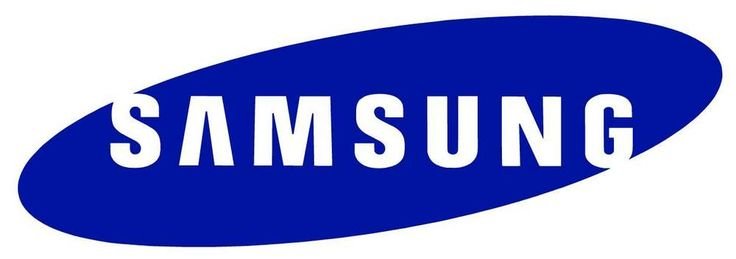How to Choose the Best Type of Laptop

How to Choose the Best Type of Laptop: A Comprehensive Guide
Choosing the perfect laptop can feel overwhelming with so many options available. Whether you’re a student, professional, gamer, or casual user, the right laptop can make a big difference in productivity and experience. Here’s how to choose the best type of laptop for your needs.
Identify Your Needs
Before diving into technical specifications, ask yourself what you’ll use the laptop for:
Students: Portability and battery life are key for note-taking and assignments.
Professionals: Opt for performance and multitasking capability.
Gamers: Look for powerful graphics cards and high refresh rates.
Casual Users: Focus on affordability and basic functionality.
Understanding your purpose narrows your options significantly.
Set a Budget
Laptops range from budget-friendly to premium models. Setting a budget ensures you get the best features within your price range. Here’s a general breakdown:
Entry-Level (Under $500): Ideal for basic tasks like browsing and word processing.
Mid-Range ($500–$1,000): Great for students and professionals.
High-End ($1,000+): Perfect for gamers, creatives, and advanced users.
Choose the Operating System
The operating system (OS) determines the user interface and software compatibility. The three main options are:
Windows: Versatile, widely used, and supports a variety of applications.
macOS: Known for its sleek design and seamless integration with other Apple devices.
ChromeOS: Lightweight and cloud-focused, suitable for basic tasks.
Consider the Specifications
Key specifications determine a laptop’s performance:
Processor (CPU): The brain of the laptop. Opt for an Intel Core i5/i7 or AMD Ryzen 5/7 for balanced performance.
Memory (RAM): At least 8GB is ideal for most users; 16GB+ for professionals and gamers.
Storage: SSDs are faster and more reliable than HDDs. Aim for 256GB SSD or more.
Graphics Card (GPU): Necessary for gaming or graphic-intensive tasks. Look for NVIDIA or AMD GPUs.
Display: A Full HD (1920×1080) resolution is standard. Creative professionals may want 4K.
Portability and Design
If you’re always on the go, prioritize lightweight designs and compact sizes. Ultrabooks, for instance, are thin and easy to carry. Also, consider the battery life; a laptop with 8+ hours of battery is great for mobility.
Connectivity Options
Make sure the laptop has enough ports for your peripherals:
USB-C/Thunderbolt 4: Fast data transfer.
HDMI: For connecting to external displays.
Wi-Fi 6: For faster internet connectivity.
Brand and Warranty
Choose reputable brands like Dell, HP, Lenovo, Apple, or ASUS for reliability. Check the warranty period and customer support to ensure peace of mind.
Test Before You Buy
If possible, visit a store to test the keyboard, trackpad, and display quality. Hands-on experience can give you a better idea of the laptop’s feel and usability.
Conclusion
The best laptop for you depends on your specific needs, budget, and preferences. By focusing on what matters most—performance, portability, and features—you can make an informed decision. Take your time to compare models, read reviews, and pick a laptop that suits your lifestyle.
Invest wisely, and you’ll have a companion that enhances productivity and keeps you entertained for years to come!

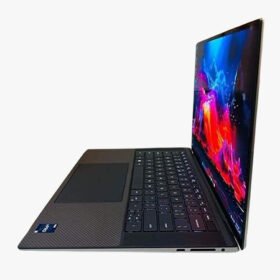 Laptops
Laptops
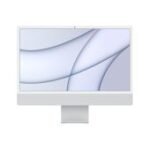 PCs
PCs
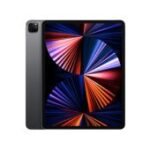 Tablets
Tablets
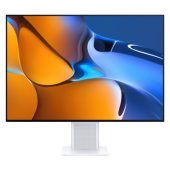 Monitors
Monitors
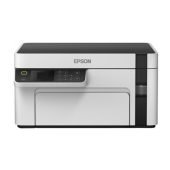 Printers & Scanners
Printers & Scanners
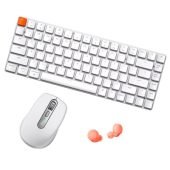 Input Devices
Input Devices
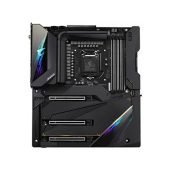 Pc Components
Pc Components
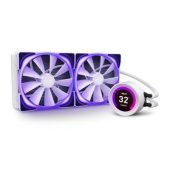 Cooling
Cooling
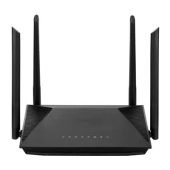 Hardware & Other
Hardware & Other
